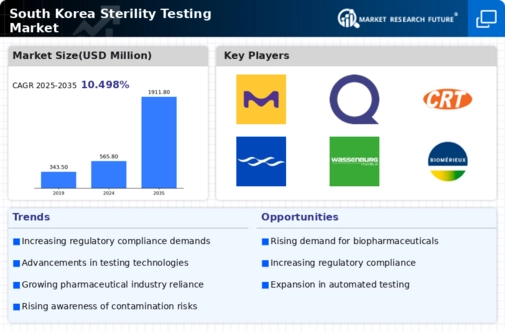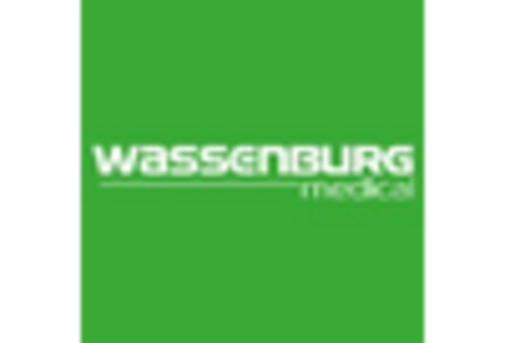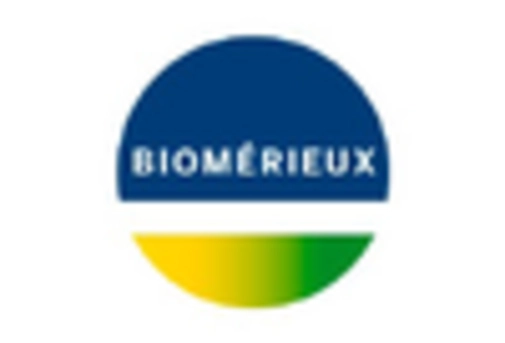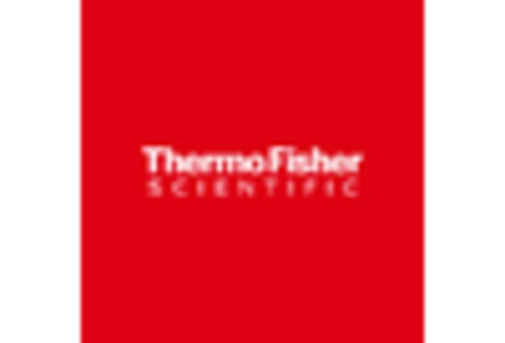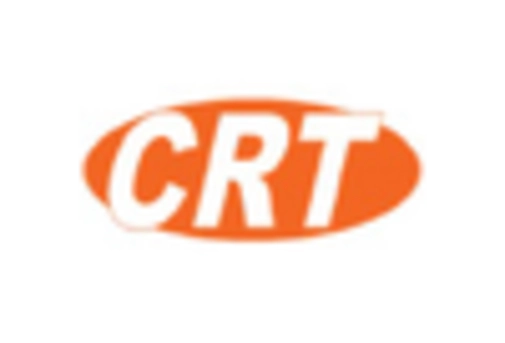South Korea Sterility Testing Market Summary
The South Korea Sterility Testing Market is projected to grow significantly from 565.8 USD Million in 2024 to 1911.8 USD Million by 2035.
Key Market Trends & Highlights
South Korea Sterility Testing Market Key Trends and Highlights
- The market is expected to experience a compound annual growth rate (CAGR) of 11.7 percent from 2025 to 2035.
- By 2035, the market valuation is anticipated to reach 1911.8 USD Million, indicating robust growth potential.
- In 2024, the market is valued at 565.8 USD Million, reflecting a solid foundation for future expansion.
- Growing adoption of advanced sterilization technologies due to increasing regulatory requirements is a major market driver.
Market Size & Forecast
| 2024 Market Size | 565.8 (USD Million) |
| 2035 Market Size | 1911.8 (USD Million) |
| CAGR (2025-2035) | 11.7% |
Major Players
Becton Dickinson and Company, Eppendorf AG, Merck KGaA, Qualitest, Shimadzu Corporation, Nordic Pharma, Cleanroom Technologies, Charles River Laboratories, MilliporeSigma, Pall Corporation, Sartorius AG, Wassenburg Medical, BioMerieux, Genetix, Thermo Fisher Scientific


